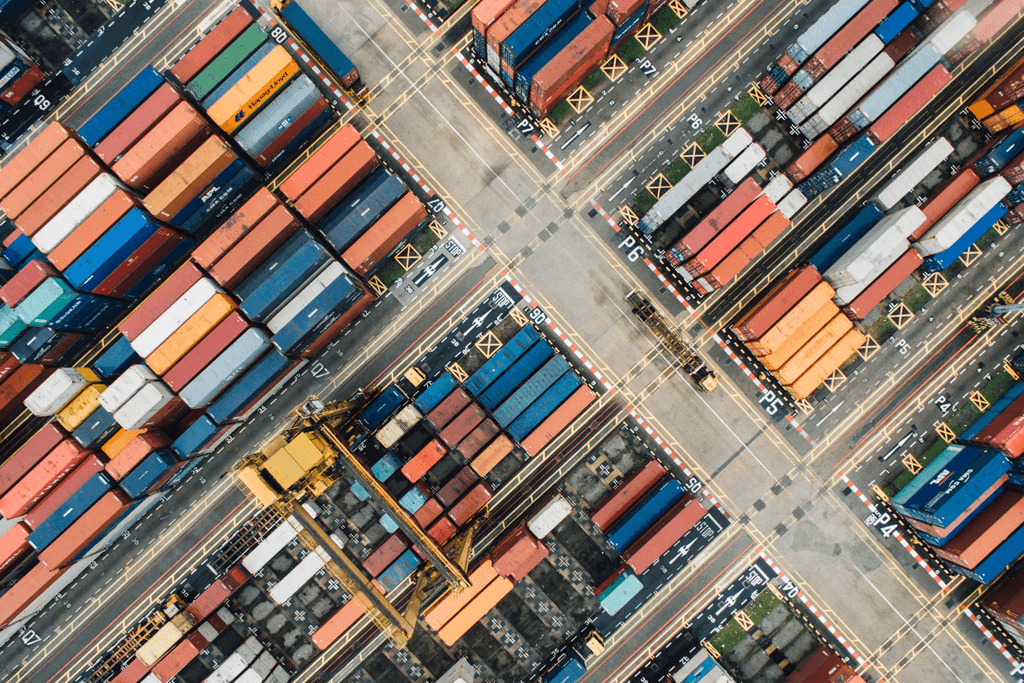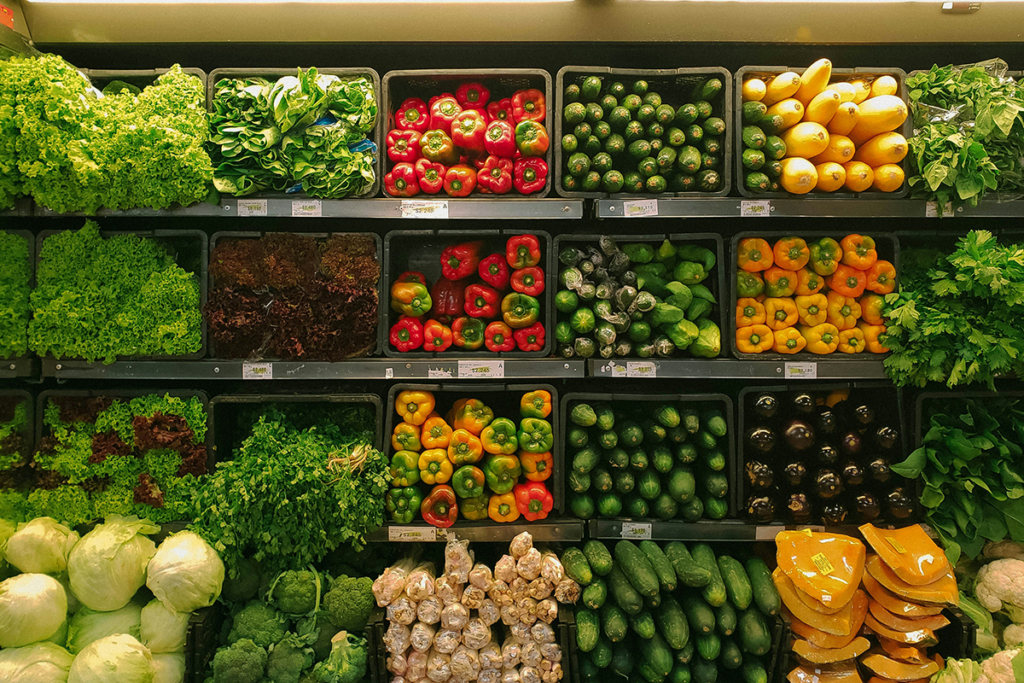Welcome to the Department of Agricultural Economics
Agricultural economics is a field dedicated to addressing one of humanity’s most pressing challenges: ensuring an adequate food supply for a growing global population. To achieve this, we apply economic principles to the agricultural sector, to ensure we optimise food and fiber production, processing, and distribution while responsibly managing limited natural resources.
Studying agricultural economics provides you with essential expertise in economics and agriculture that is applicable across various industries. It prepares you for rewarding career opportunities in businesses, governments, non-profits, research institutions, and international organizations worldwide.?



中国体育彩票 Us
As the oldest Agricultural Economics Department in South Africa, we are proud to have graduated over 2 000 students with bachelor’s degrees and almost 400 students with postgraduate degrees. We boast eight permanent academic staff members and four non-permanent extraordinary professors and emeritus professors who contribute decades of experience and impart knowledge to students. Together, they conduct research in the following areas: production management, agribusiness management, environmental and natural resource management, international trade and marketing, agricultural policy analysis, agricultural value chain assessment and management, and consumer and food economics. We also frequently collaborate with several research fellows from international universities and local and international research institutions to remain at the forefront of agricultural economics research.?
Our Mission & Vision
The Department of Agricultural Economics at Stellenbosch 中国体育彩票 aims to be Africa’s leading Agricultural Economics department, globally recognised as excellent, inclusive, and innovative. We advance knowledge through research in service of society by attracting outstanding students, employing talented staff, and providing a world-class learning experience for our students while enriching and transforming the communities around us.?
Our History
Since 1925, Stellenbosch 中国体育彩票’s Department of Agricultural Economics has been at the forefront of training experts to tackle the challenge of feeding the world’s growing population with limited resources. As the oldest Agricultural Economics Department in South Africa, our legacy of excellence is built on the pioneering work of individuals such as Professors J.F.W. Grosskopf, F.R. Tomlinson, W.E. Kassier, P.H. Spies, N. Vink, and T.E. Kleynhans who have shaped the discipline over the past 60 years. Our department’s evolution is deeply rooted in work on the interplay between macro- and microeconomic analysis in solving economic dilemmas in the agricultural industry. This foundation guides us as we develop the next generation of leaders in the agricultural sector to face the challenges of tomorrow. To prepare for this responsibility, we have taken the following strategic actions: the appointment of internationally renowned research fellows in the Department, the inauguration of the Stellenbosch AgroInformatics Initiative, and the establishment of a formal student body to represent our department’s students.
Looking for a Bursary or Job Opportunity?
The Department shares all invitations to apply for employment and bursary opportunities as received from various institutions. Applications are the responsibility of the student.